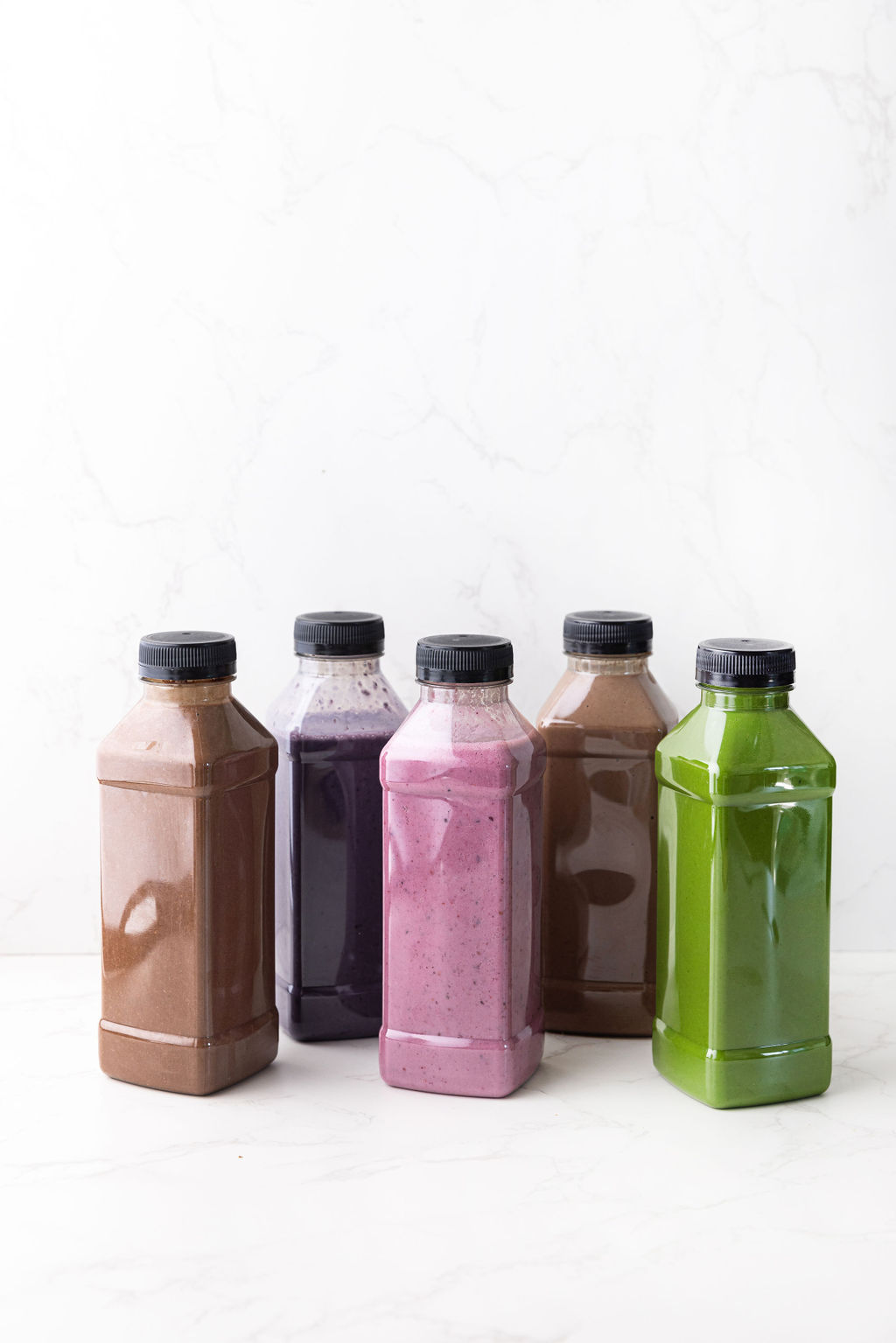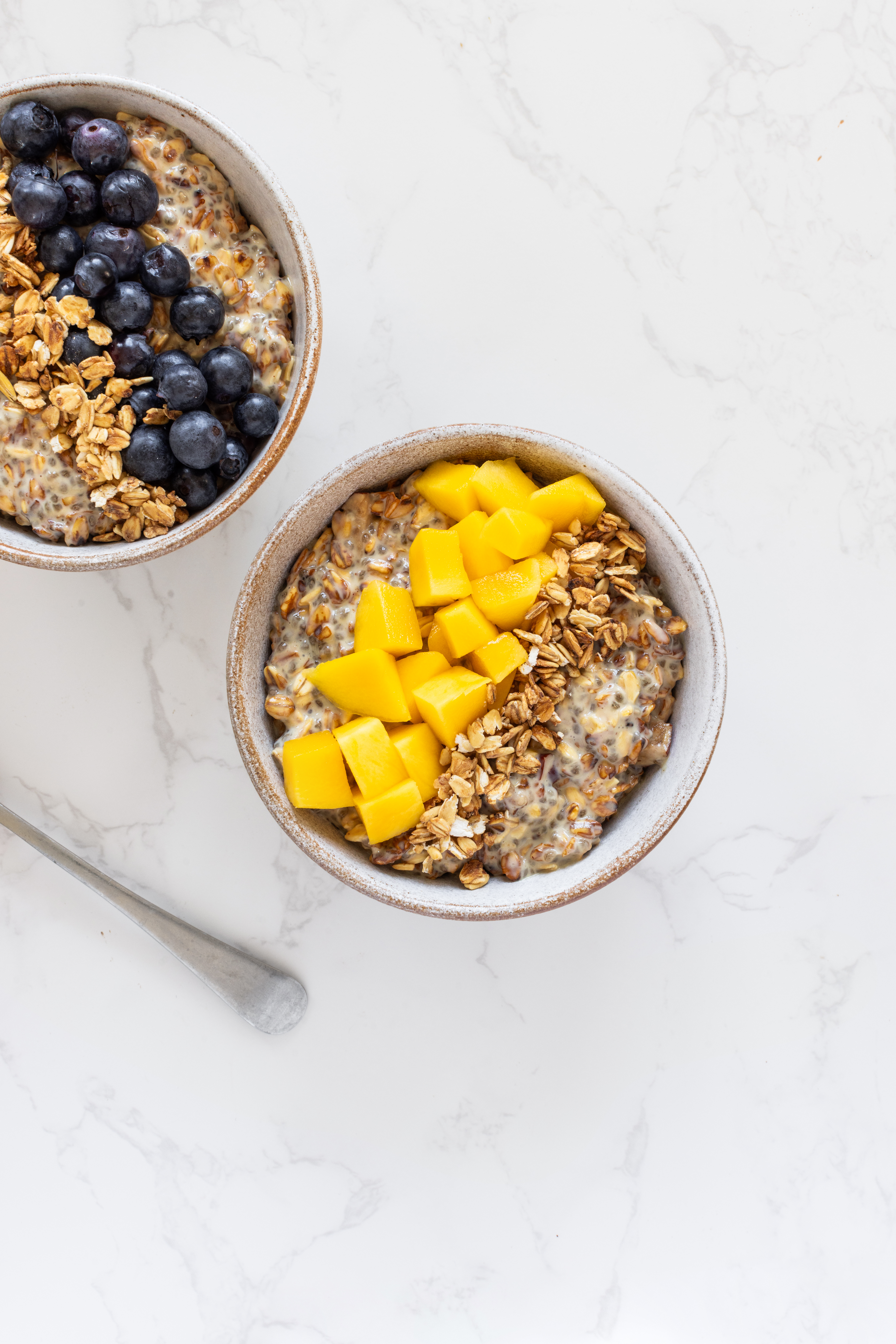- Linkedin Share
- Twitter Tweet
- Email Share
- Copy link Copy link Copied to clipboard
Third Space welcomed Clarissa Lenherr, Lead Nutritionist at Healf, to our Summer Nutrition Lab for a deep dive into the truth about supplements. Today, we continue the conversation as Clarissa helps debunk some of the biggest supplement myths currently circulating within the industry. From trendy gummies to overhyped pills, our experts unpack the truth behind popular powders, cutting through the myths and marketing.
Can a healthy diet alone provide everything you need or do supplements still play a role?
Diet should always be your foundation but even with a varied, nutrient-rich diet, some people may still need support. Soil depletion, gut health, stress, medications, and absorption issues can all increase individual needs. Supplements should never replace good nutrition, but they can help fill gaps when used thoughtfully.
Which supplements are actually worth taking?
Some supplements are backed by stronger research than others. For general health, vitamin D is a standout particularly in places like the UK where sunlight is limited. Omega-3 fatty acids (especially EPA and DHA) also have excellent evidence supporting heart, brain, and overall wellbeing. Magnesium is another common deficiency and plays a big role in energy, muscle function, sleep, and the nervous system. Probiotics can be beneficial for gut and immune health, though it’s important to know that their effects are very strain-specific and vary from person to person.
Are multivitamins worth taking as a daily ‘insurance policy’?
They can be helpful at certain times, like during stress, travel, or when your diet is limited. However, quality really matters, many cheap multis are poorly absorbed or packed with fillers. A well-formulated, targeted multi is much more effective than a one-size-fits-all approach. It’s also smart to take breaks from long-term use and be mindful of nutrients like iron or vitamin A, which can accumulate in the body if not needed. Some nutrients can also interact with medications, so personalisation is key.
What are the most common myths surrounding supplements?
One of the biggest is that “more is better” taking large doses doesn’t always mean better results. Another is assuming that “natural” automatically means safe, it doesn’t. And people often think supplements will work equally for everyone, when factors like gut health, genetics, stress, and lifestyle all impact how well they work. Finally, there’s the belief that if you eat well, you don’t need any supplements but in today’s world, it’s not always that simple.
Do sports supplements like protein powders & creatine actually help with performance and recovery?
When used appropriately, yes. Protein powders can be a convenient way to hit your protein targets especially for people with busy lifestyles or higher needs. Creatine monohydrate is one of the most researched supplements out there, with proven benefits for strength, power, and even cognitive support.
Is “natural” or “herbal” always better and always safe?
Not necessarily. “Natural” is often a marketing term and doesn’t guarantee safety or effectiveness. Many herbal supplements can interact with medications or be unsuitable for certain health conditions, so it’s important to approach them with the same level of caution as any other supplement.
There are so many formats on the market; sprays, pills, capsules, powders, gels, gummies etc. – Do these make a difference?
Yes, formulation matters. Some delivery methods (like liposomal vitamin C or D) can improve absorption. Capsules often absorb better than tablets, and powders can be helpful for larger doses or for people who struggle with swallowing pills. But it also depends on the nutrient, fat-soluble vitamins need to be taken with fat, and certain minerals compete for absorption. Timing, cofactors, and digestive health also play a role so it’s not just about format but about the whole picture.




